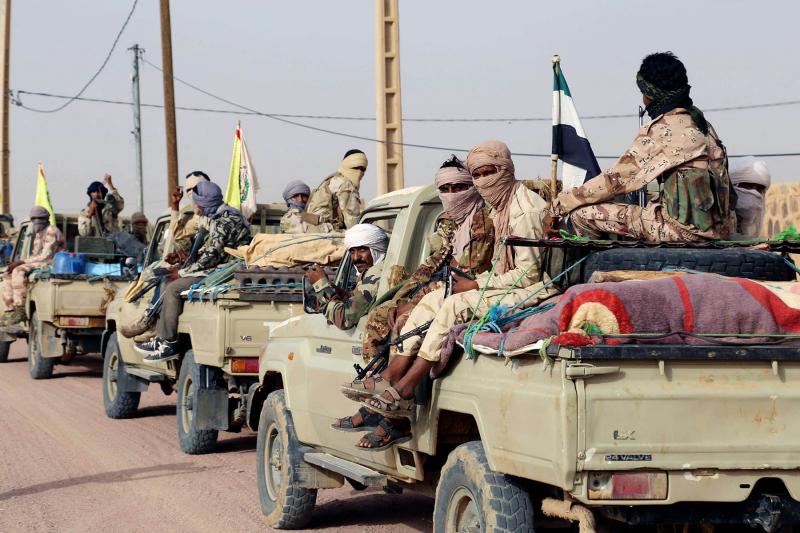
Mali’s armed forces have achieved two significant breakthroughs in their ongoing campaign against terrorist groups operating in the country’s northern and eastern regions, particularly in the volatile tri-border area shared with Niger and Mauritania.
According to the Malian military, on June 28, troops successfully targeted Islamic State in the Greater Sahara (ISGS) elements in the town of Chamane, resulting in the death of a senior militant commander.
In the same operation, another extremist leader and several of his followers surrendered, marking a critical blow to the group’s presence in the region.
“These results weaken the organization in this key area,” stated Moussa Ag Acharatoumane, Secretary-General of the Movement for the Salvation of Azawad, who confirmed that the jihadists had recently arrived with the intention of radicalizing local communities and boosting Daesh’s ranks.
The offensive follows a series of operations by the Malian army aimed at reasserting state control in historically unstable areas. Notably, the army has made gains in Kidal, a region that has long been a flashpoint of insurgent activity.
Local populations, previously under the coercion of armed groups, have reportedly expressed relief at the restored presence of state forces.
Intelligence gathered ahead of the Chamane assault was crucial in locating high-value ISGS targets who had been spearheading indoctrination campaigns.
The General Staff of the Malian Armed Forces, which oversees the nation’s defense strategies, coordinated the mission using real-time data from military intelligence.
The tri-border zone’s vast and rugged terrain has long posed a security dilemma for Sahelian governments, enabling terrorist factions to regroup, train, and move freely.
The recent presence of foreign fighters in the area signals the high strategic value these extremist groups place on the region.
By eliminating and capturing key figures, Malian forces aim to dismantle command structures and hinder recruitment.
Military officials stress that these gains reflect improved coordination between intelligence and ground units, an approach that is proving effective against a still-potent threat.
The latest developments are seen as a morale boost not just for the military but for a country striving for stability and sovereignty amid years of unrest. These tactical victories could pave the way for broader peace and development in a region long gripped by insecurity.



